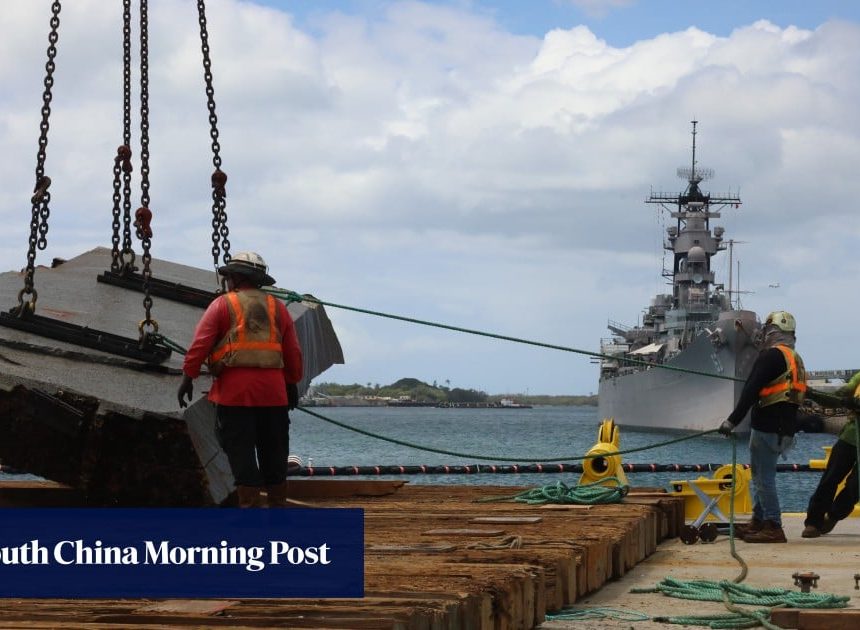
I never thought I would write about my grandfather’s funeral – my paternal grandfather’s, to be exact. The distinction matters, for all the years spent memorising how to address everyone in the family properly.
Unlike in English, where “grandma” and “grandpa” suffice, the Chinese have entirely different words for maternal and paternal grandparents. These words also vary from region to region. I call my paternal grandparents yeye and nainai. On my mum’s side: diedie and jiajia.
Chinese kinship terms can be dizzyingly precise. We even have words like lianjin and zhouli to describe the relationship between two people whose wives or husbands are siblings.
For all the clarity with which we articulate family ties, our emotions towards family are rarely as eloquently expressed.
The paradox came into sharp focus during my grandfather’s funeral, which unfolded in Wuhan, where my family lives now, and in his ancestral village of Huangpi, a remote district of the city today.


